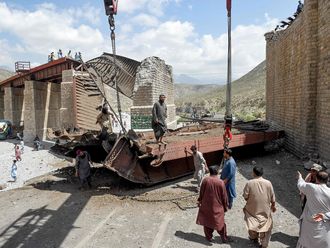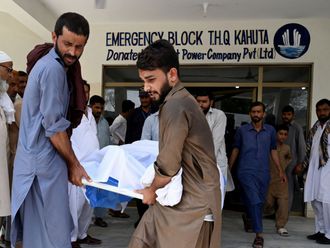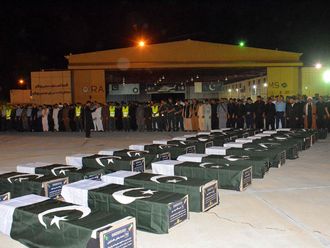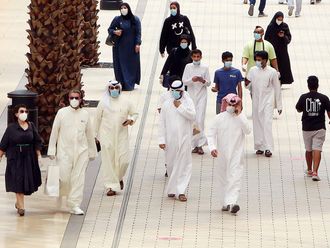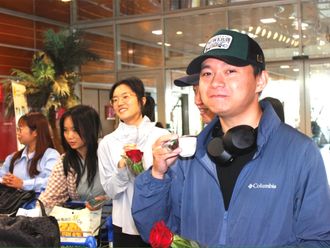Karachi: Sixty underprivileged rural women of Sindh have completed a four-month training to operate handlooms in order to empower them to earn their livelihood.
The handloom weaving training was organised by an alliance between ZABTech, a platform working to impart vocational training to youth, and the non-profit SZABIST Foundation named after former prime minister Zulfikar Ali Bhutto.
The graduating rural women from Larkana district received free-of-charge training, handlooms, and tablet computers with customised applications to enable them to virtually showcase their products and earn money through e-commerce.
The beneficiary women also received a stipend as their transportation charges for attending the training.
ZABTech in collaboration with the SZABIST Foundation has so far imparted vocational training to 60,000 underprivileged youths in the province to transform their lives.
Speaking at the graduation ceremony, Aseefa Bhutto Zardari, who is the youngest daughter of former prime minister Benazir Bhutto, said that vocational training of the youth through such charitable initiatives would go a long way to bring socio-economic stability in the country.
She said the SZABIST Foundation had been undertaking such welfare projects to act upon the vision of the past and current leadership of the Pakistan People’s Party (PPP) including Bilawal Bhutto Zardari for youth empowerment.
She said the collaboration between the two entities would continue to launch more such charitable programmes to impart technical and vocational training to the youth of rural areas to empower them to start their careers in different fields.
She told the audience that the handloom training initiative was a pilot programme to launch similar courses for the empowerment of rural women and to help them achieve financial independence.
PPP Women Wing President, Faryal Talpur, said the manifesto of her political party stood for empowering underprivileged women to achieve distinction in different spheres of life.
She said that the rural youth of Sindh was multi-talented as upon receiving such training they would play their due part in the progress and development of Pakistan.


